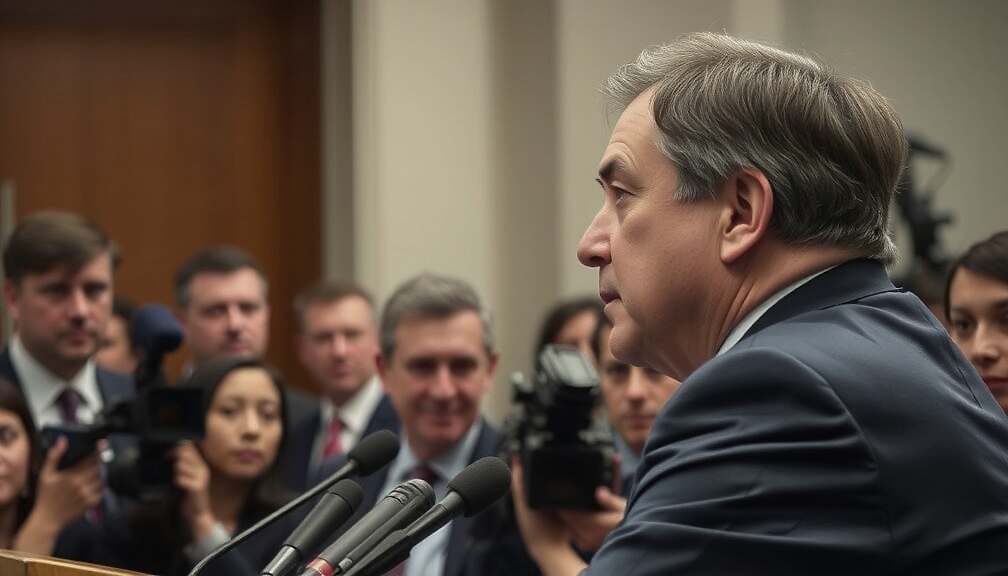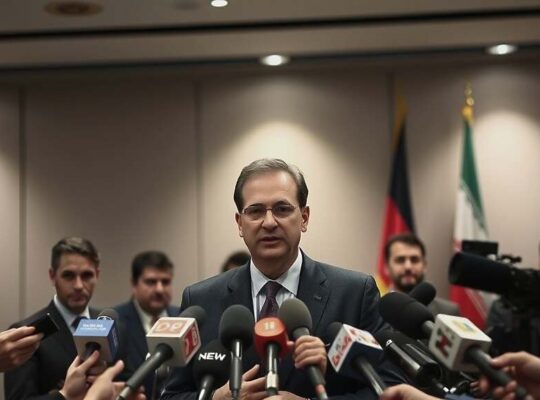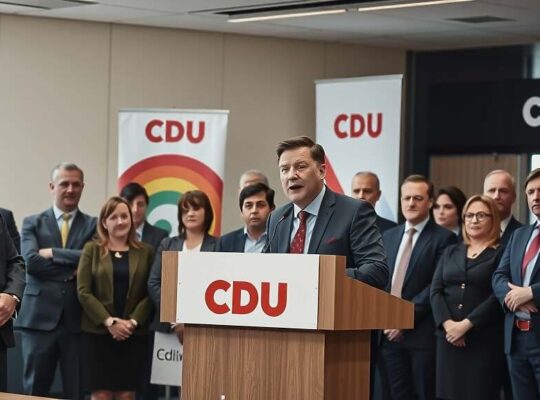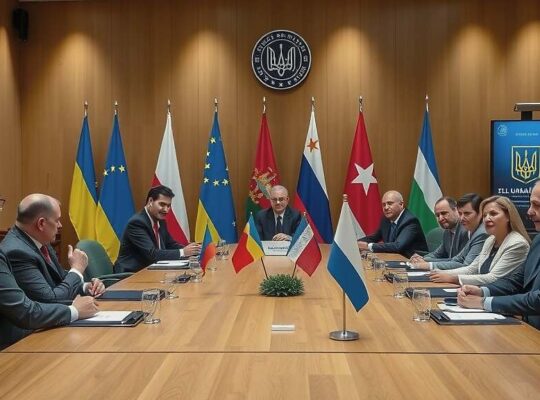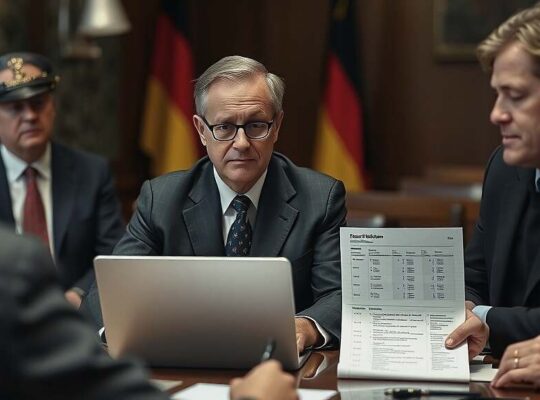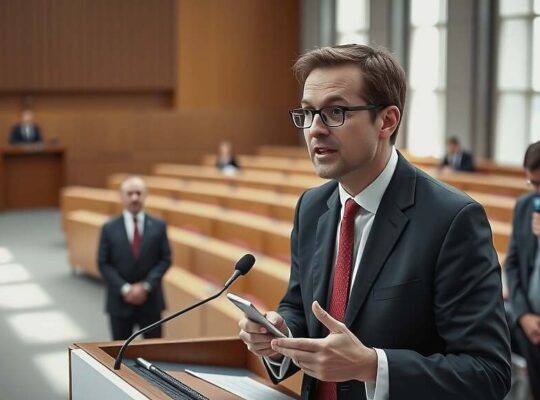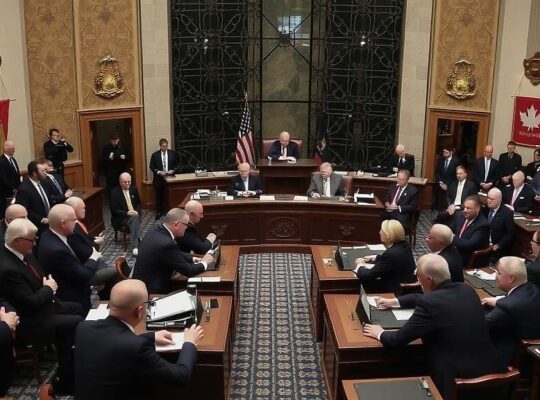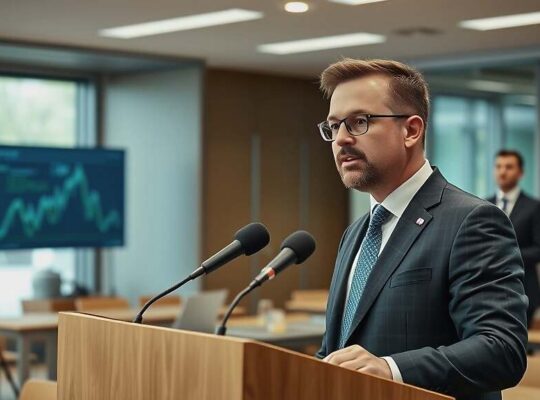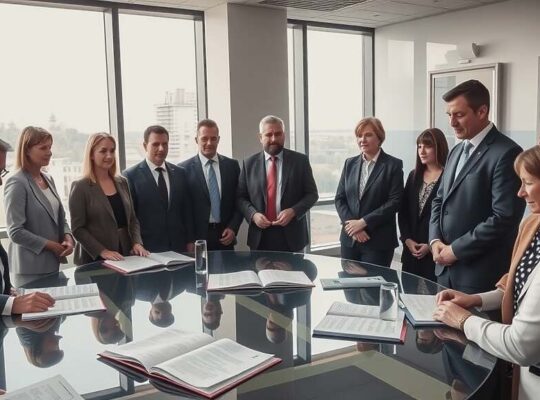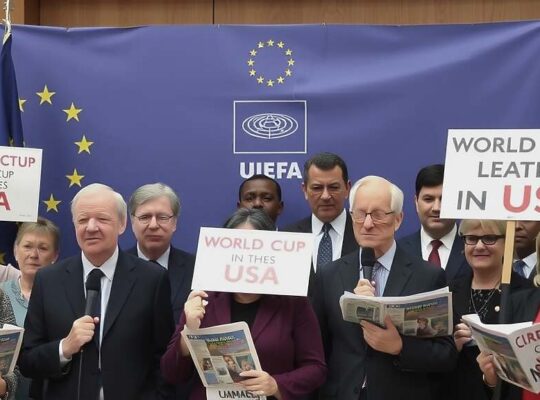Armin Laschet, Chairman of the Foreign Affairs Committee in the German Bundestag, has expressed skepticism regarding the demonstrably assertive stance recently adopted by U.S. President Donald Trump towards Russia, ahead of his planned meeting with Vladimir Putin. Speaking to a television broadcaster, Laschet noted a fluctuating pattern in Trump’s rhetoric.
He pointed out that initial overtures from Trump towards Putin involved proposals for significant economic cooperation, followed by threats of sanctions against third-party nations with ties to Russia, such as India – a trajectory that has since shifted. Consequently, Laschet believes reliance on a newly hardened approach by Trump during the upcoming Alaskan summit would be misplaced. “It doesn’t necessarily translate into the talks tomorrow. It’s currently a signal: `I am a president who will negotiate hard`” he stated. “How hard he actually does negotiate, how much of a result he wants to achieve tomorrow and how willing President Putin is to accommodate some of these demands – that is impossible to say at this point.
Thus far, Laschet observed, Trump has only demonstrated a willingness to engage in discussions, but delivering tangible negotiation outcomes remains crucial. “At the end of Friday, there must be something in writing, specifically a ceasefire and discussions also with Ukraine. Because this conflict cannot be resolved solely between Trump and Putin” he emphasized.
While acknowledging the need for a potential ceasefire, Laschet suggested international monitoring might not be immediately feasible. “There might be UN observers or others involved, or the two sides, the US and Russia, will promise to uphold the ceasefire and monitor it themselves. It’s not yet the time for international involvement” he explained.
Laschet attributed the exclusion of European negotiators from the Alaskan talks to a previous reluctance to engage directly with Russia. “Europe had its chance. Such processes could have been initiated under President Biden. The general message was: We will not talk to Putin, we will solve it militarily. We will deliver more weapons and then Ukraine will win” he stated. “Now President Trump is here and he naturally asks: `Why should Europeans be sitting at the table? You haven’t wanted to talk until now.` We must also be self-critical: European foreign policy is not yet strong enough to dictate such conditions”.


